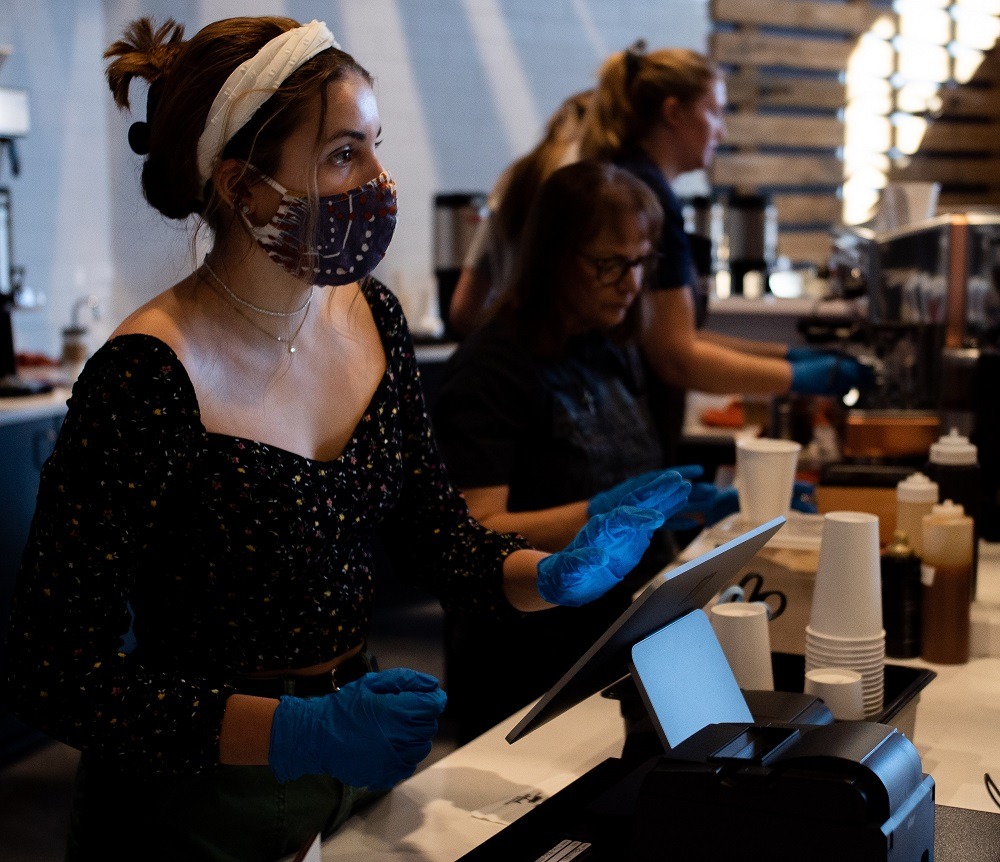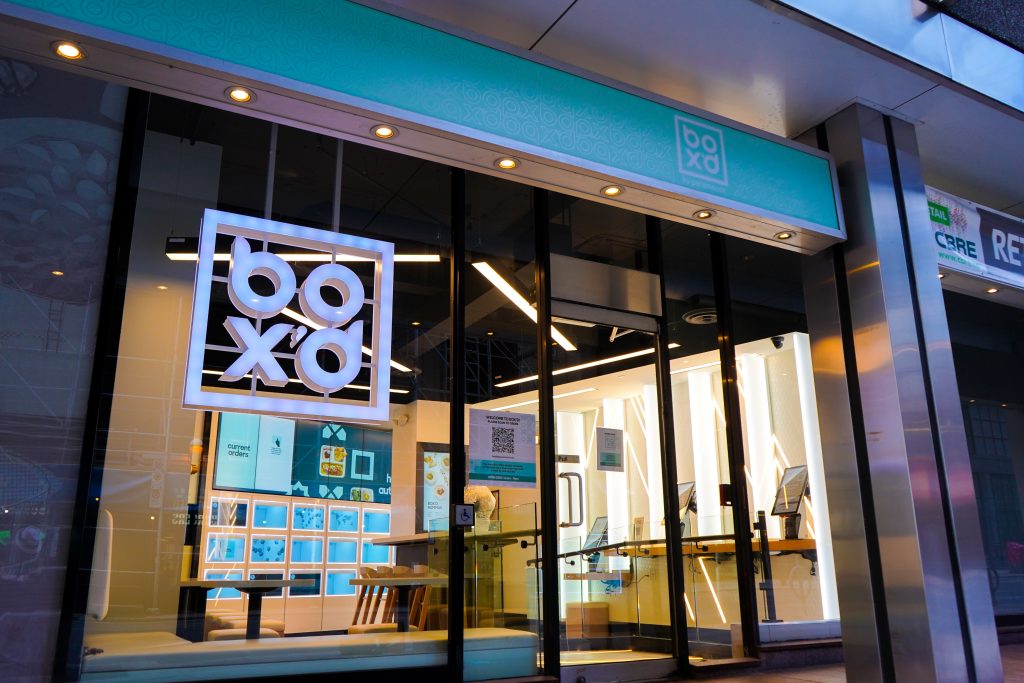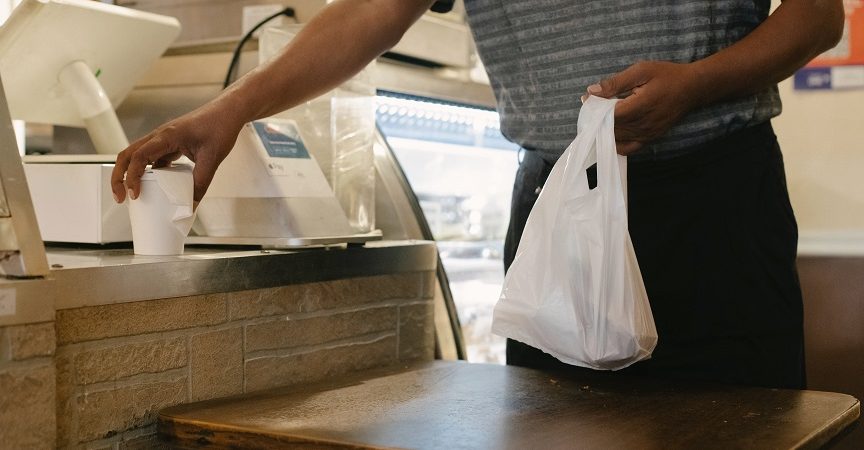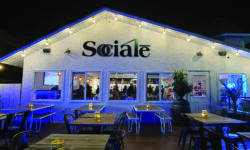Pandemic-Fueled Technology for the Foodservice Industry
Though limiting many opportunities in the food and beverage space, the COVID-19 pandemic has introduced opportunities in the form of tech innovations that will likely persist for years to come. With personal hygiene and safety being a heightened concern even in a post-pandemic world, technology is key in helping maintain customers’ peace of mind while also supporting struggling businesses looking to adapt.
Contact-Free
Despite an end to the COVID-19 pandemic now being in sight, consumers have in some ways been forever changed. The increased knowledge and in many justifiable cases, paranoia, that people now have about hygiene practices will likely affect consumers’ habits in a post-pandemic world. Thus, contact-free technology will dominate in retail spaces, including in food and beverage-related establishments. These technologies offer convenience while reducing the likelihood of bacterial and viral transmissions between customers.
Azkoyen’s new, patented Air Touch technology is an excellent example of how contact-free restaurant and cafe experiences can maintain hygiene within establishments. The vending machine company’s Air Touch technology allows users to order products with their fingers hovering above the screens, rather than having to physically touch them–ensuring customer safety and reducing the need to sanitize touchscreens between customers.

Commission-Free
An undeniable fact of the pandemic is that its economic impact will continue to affect the restaurant industry for years to come. As businesses shut down or lose money, many are relying on the generosity of mediators in order to not just reach more customers, but to give them some leeway when it comes to things like commission fees. Third party platforms that connect restaurants and customers are increasingly being more flexible in their charges in order to help keep the restaurant industry afloat–particularly small businesses in this space.
The Toronto-based platform Not UberEats is the perfect example of how nonprofits and for-profit businesses alike can help create platforms that exist for the good of the food industry and economy. The nonprofit platform features a list of local restaurants that offer their own delivery services, allowing customers to contact these establishments directly and making the process just as accessible as the third-party apps that are convenient for users, but that often take steep commission fees from small businesses.

Automated Experience
Now that things as simple as having too many people in one indoor space is cause for concern, automation within restaurants and cafes is increasingly common. Automating specific aspects of the dining experience, whether it’s in ordering, serving or even cooking, allows businesses to reduce the number of employees at risk, while also reducing the risk for customers. The convenience of this process, as well as the investments it takes to prioritize automation, are why automated restaurants processes will remain popular even in a post-pandemic world.
A more extreme and innovative example of the automation approach is Box’d, a Toronto-based Middle Eastern restaurant operated by Paramount Fine Foods that offers fully automated ordering–either in-app or at digital kiosks in-store. Once orders have been prepared, guests are informed via digital message boards and can pick up their orders from in-store digital cubbies. The process reduces contact between employees and customers, and doesn’t require too many employees working at once.
As COVID-19 continues to impact the lives of people, institutions and business owners, it’s also created opportunities for growth and innovation that show promise for post-pandemic economies. The events of the past year have taught businesses in the food and beverage industry that the ability to quickly adapt to change is a crucial focus in how they should adjust their business models.







